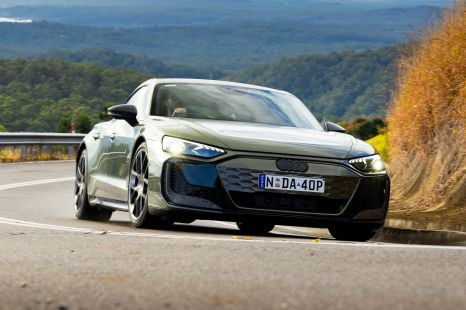

James Wong
5 Days Ago

Marketplace Journalist
Despite previously outlining plans to become an electric vehicle- (EV)-only brand by the early 2030s, Audi has weakened its ambitions as focus shifts to the longevity of hybrid vehicles.
We reported in 2021 that Audi would cease developing new models with internal combustion engines in 2026 when the second-generation Q8 launches.
That model will reportedly be offered with both internal combustion (ICE) and all-electric powertrains. After its production run ends around 2032, the brand was expected to have only EVs in its range.
Now, Autocar reports the brand will instead revise its approach, shifting to a hybrid-focused strategy as the transition from internal combustion to EVs is expected to take “longer than initially thought”.
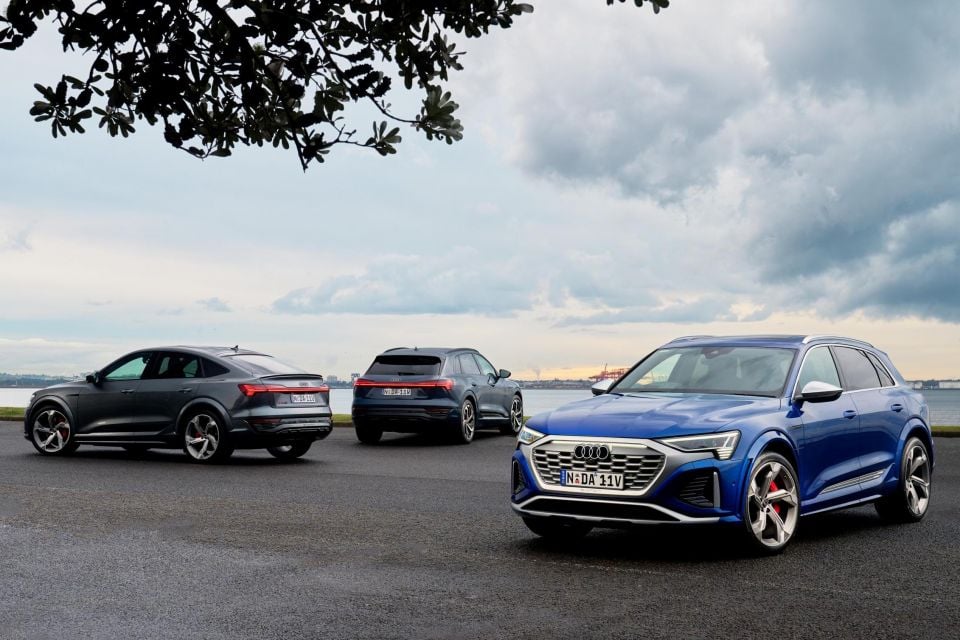
Audi isn’t the first brand to wind back its ambitious EV goals. Porschethis week announced it was softening its plans in light of decreasing EV demand, while Mercedes-Benz, Ford, Kia, BMW, and others have already announced long-term commitments to hybrid tech.
Autocar quotes Audi CEO Gernot Döllner as saying the brand’s strategy is “future-proofed for the next 10 years”, which he predicts will be characterised by an extended “transition phase” from internal combustion to EVs.
“Within the Volkswagen Group, we recognised early on that plug-in hybrids (PHEVs) were a relevant project technology and now we see that the bridge is longer than we initially thought,” he said.
As part of its hybrid shift, Audi has engineered new combustion engines for its next-generation PHEV models, capable of a battery-only range of up to 100km thanks to a significantly larger capacity.
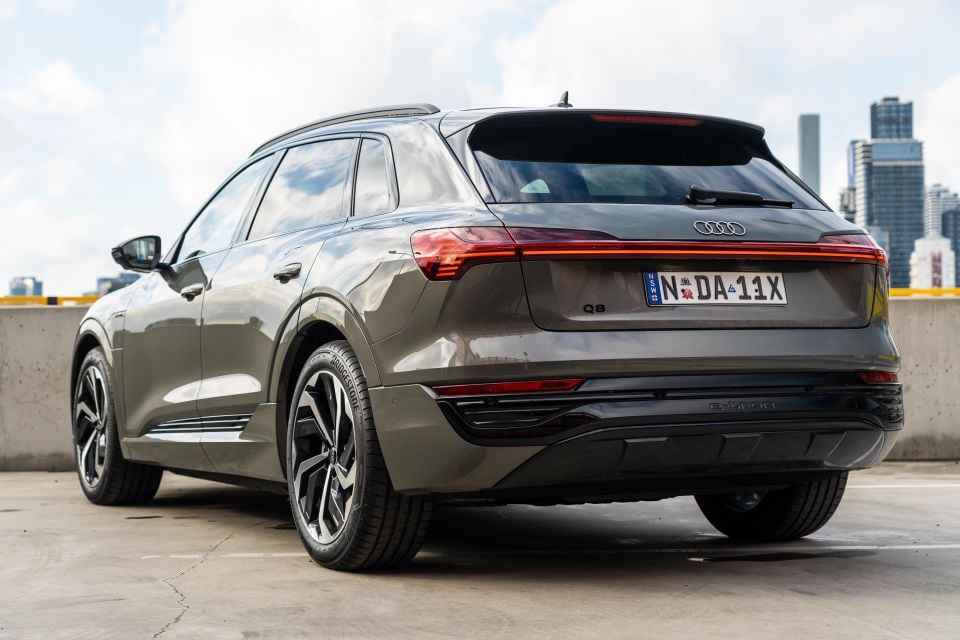
It recently launched its new Premium Platform Combustion (PPC) architecture, which underpins the new-generation Audi A5. Autocar reports the platform can also accommodate range-extender powertrain setups, though no plans have been confirmed.
While hybrids have become the focus of Audi’s plan for the next 10 years, Mr Döllner has outlined the company’s long term opinion is that EVs will become the mainstream option.
“We see right now a slowly negative trend in battery-electric vehicles, but there are still positive growth rates regarding battery-electric vehicles, so it’s just that the growth rates have slowed down,” he said.
“But we believe, especially with the gradient of the innovation in the battery-electric segment, that the battery-electric vehicle is superior.”
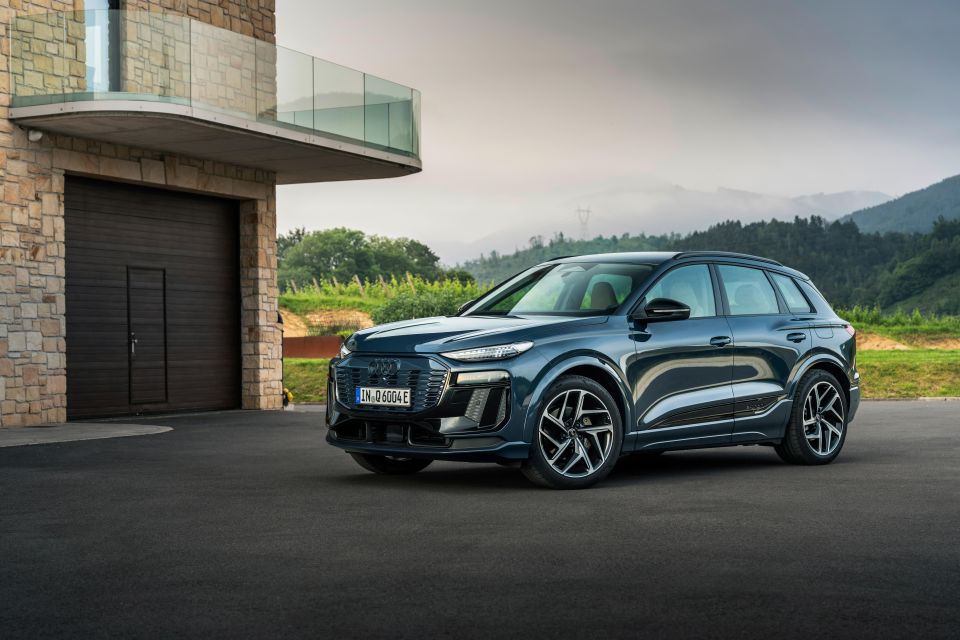
He believes the Audi brand is well-placed and “flexible” in light of changing auto tech, as it will offer “highly efficient ICE drivetrains, plug-in hybrids, and battery-electric vehicles”.
Mr Döllner has said Audi’s “first-generation” electric car lineup will be complete in 2027, a year after the launch of its final of its final combustion model – likely to be the next-generation Audi Q7 that was recently spied testing.
There are multiple electric Audi models already available, though it’s been suggested the brand could kill one of its electric SUVs as demand cools.
The Q8 e-tron could be on the chopping block, as an Audi media statement detailed plans to close the Brussels factory where the model has been built since it became the company’s first mass-market EV in 2019.
MORE: Audi may kill one of its SUVs as EV demand cools MORE: Audi to become EV-only from early 2030s MORE: Porsche weakens its EV goal as demand cools MORE: Everything Audi
Take advantage of Australia's BIGGEST new car website to find a great deal on a Audi.
Max Davies is an automotive journalist based in Melbourne, Australia. Max studied journalism at La Trobe University and stepped into the automotive world after graduating in late 2023. He grew up in regional Victoria, and with a passion for everything motorsport is a fan of Fernando Alonso.


James Wong
5 Days Ago
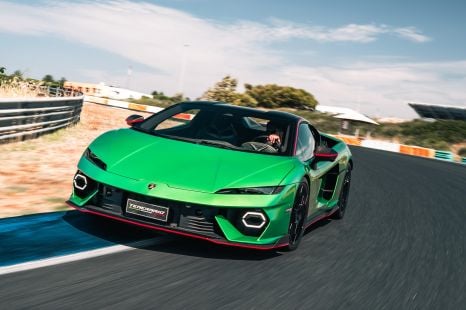

Alborz Fallah
4 Days Ago
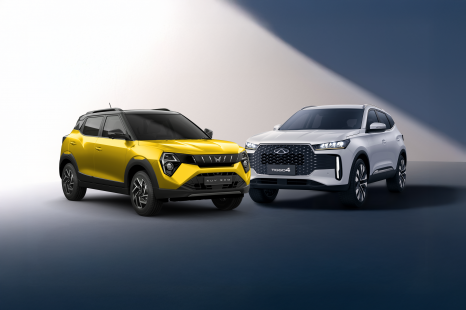

Andrew Maclean
3 Days Ago
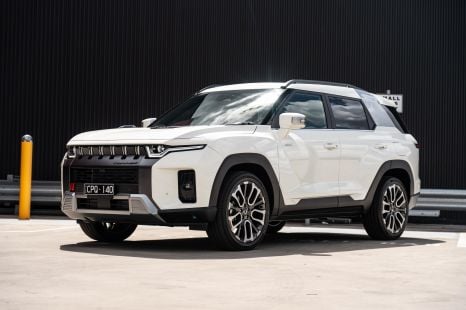

Max Davies
3 Days Ago
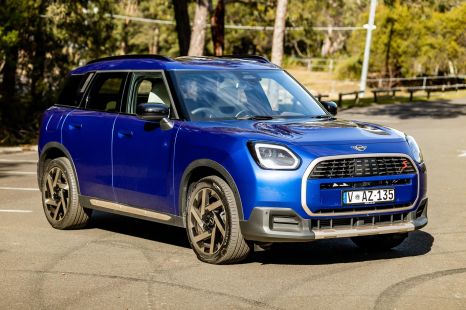

Matt Campbell
2 Days Ago
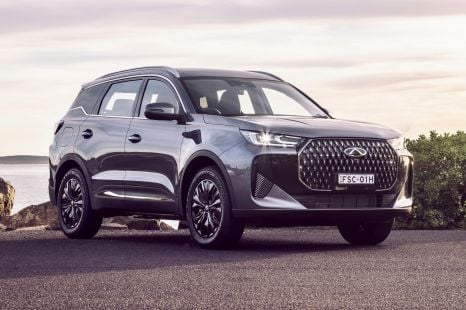

Max Davies
18 Hours Ago